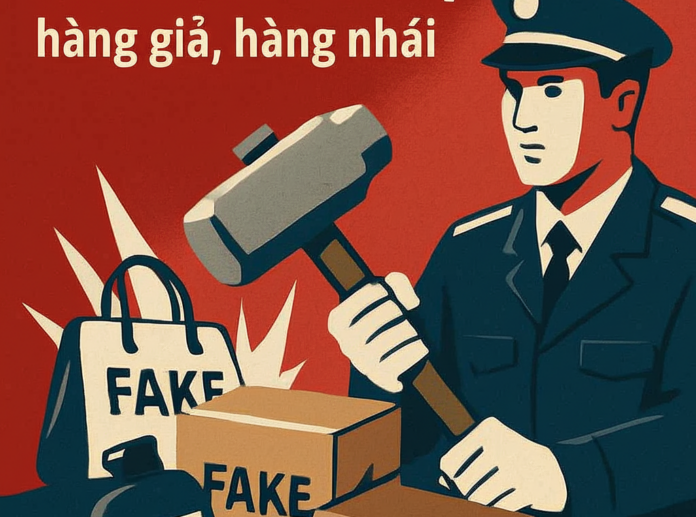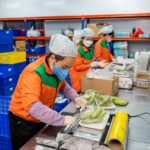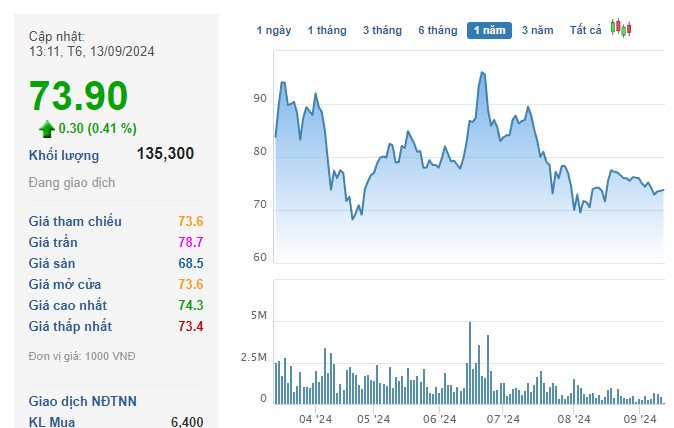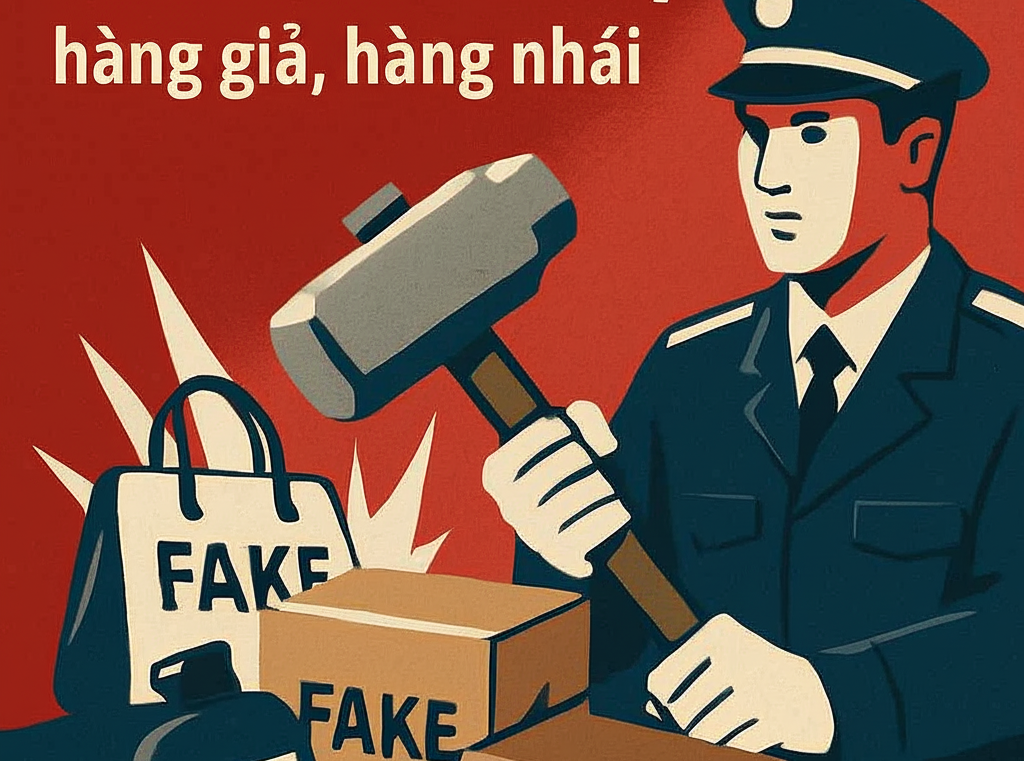
In late May 2025, the government launched a nationwide campaign against smuggling, commercial fraud, and counterfeit goods. In recent days, market management forces, customs, and economic police have simultaneously cracked down on major wholesale markets in Hanoi and Ho Chi Minh City, as well as e-commerce platforms and social media. The clear objective is to thoroughly eradicate counterfeit, substandard, and fake goods that distort the business environment.
This is not just a market “purification” campaign. More importantly, it is a historic opportunity for legitimate businesses that produce standardized goods and invest in quality to thrive and strengthen their position.
Why has the counterfeit industry persisted for so long?
The reasons are straightforward. First, counterfeit and imitation goods are usually much cheaper than genuine products, and they cater to consumers’ desire for foreign and branded goods. A “LV” bag for a few hundred thousand, a pair of “Nike” shoes for 200,000 VND, or a bottle of “Channel No.5” perfume for a few dozen thousand – these items may not be durable, but they satisfy the need to “show off.”
Second, the distribution channels for counterfeit goods are increasingly sophisticated. From live streaming and closed groups on Facebook to e-commerce platforms, all have been exploited. The rapid spread of technology is partly to blame for the difficulty in controlling counterfeit goods.
Third, consumers’ mentality has been complacent. Some people even knowingly purchase counterfeit goods, reasoning that they are for “temporary use,” to “experience luxury brands,” or simply because they have “limited money and can’t be too picky.”
However, the consequences are not temporary. It stifles legitimate businesses, harms consumer health, results in tax losses for the state, and fosters a mentality of dishonesty and evasion among small traders.
Cleansing the Market and Restoring a Fair Playing Field for Legitimate Businesses
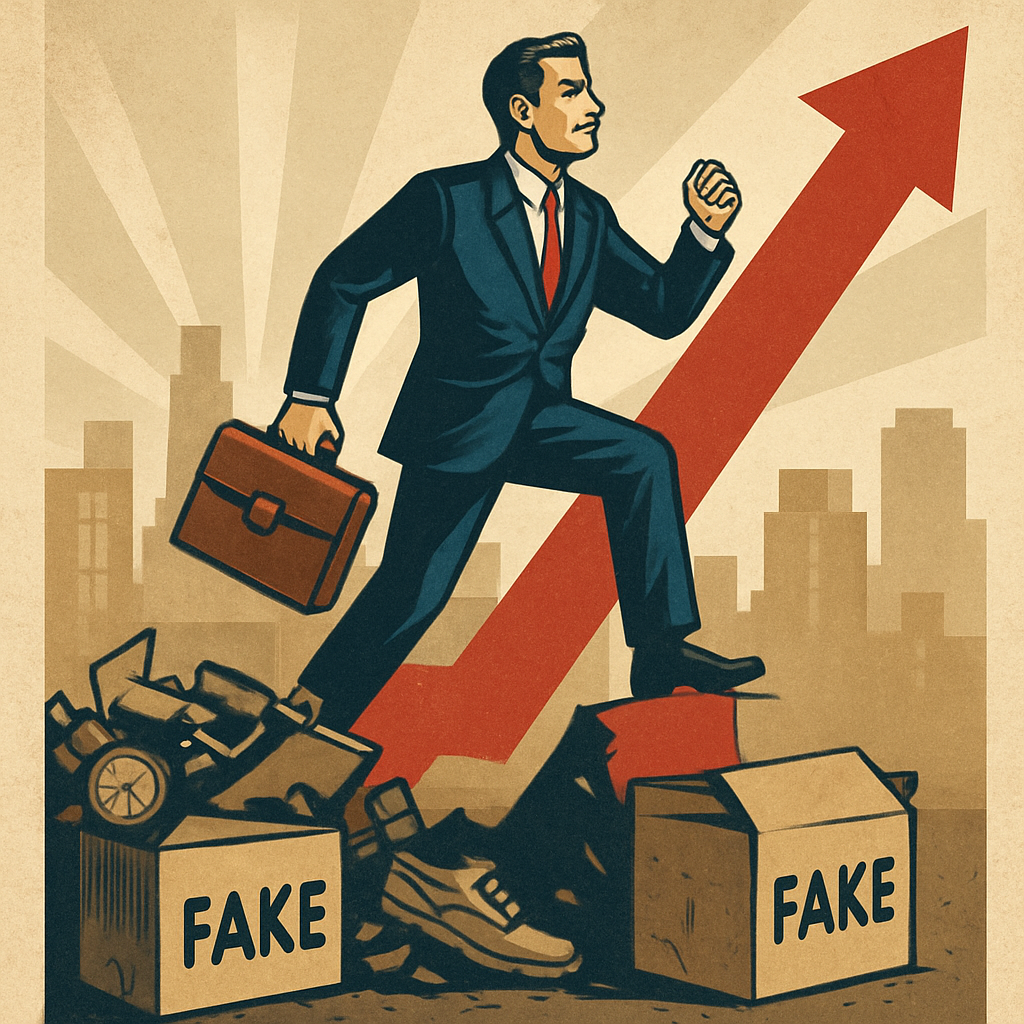
With the economy in need of a sustainable recovery following the pandemic and geopolitical upheavals, the government’s tough stance on counterfeits is not only timely but also sends a strong message: Vietnam does not tolerate an abnormal economy where fakes overshadow genuine products.
Eradicating counterfeits is not solely the responsibility of law enforcement. It requires a collective effort, involving consumers, businesses, and digital platforms that have inadvertently facilitated fraudulent activities. When “cleanliness” becomes the norm rather than a rarity, legitimate businesses will truly thrive and grow.
For years, businesses investing in quality, standards, and branding have faced irrational competition from counterfeits. A Vietnamese cosmetics manufacturer must import raw materials, produce products that meet CGMP standards, and undergo rigorous testing, while a counterfeiter can sell “mixed creams” with similar labels for just a few million dong.
Now is the time for change. With market management forces taking stricter action, consumers becoming more aware, and e-commerce platforms being held legally accountable for the products sold on their platforms, legitimate businesses will finally have the opportunity to assert their position.
For instance, domestic fashion brands, which have long been plagued by imitations, are now seeing an opportunity to expand their market share as consumers increasingly prioritize purchasing genuine products. Similarly, domestic agricultural product companies that have maintained good control over their processes, implemented traceability, and standardized packaging are also benefiting from the wave of “boycotting unbranded products.”
However, to seize this opportunity effectively, businesses also need to be more proactive: standardize their brands, invest in anti-counterfeiting technologies, collaborate with e-commerce platforms to remove imitations, and above all, continuously improve product quality.
No Genuine Product Can Thrive Alongside Counterfeits
This anti-counterfeit campaign will only be meaningful if it is sustained and upgraded into a permanent mechanism rather than a short-lived “crackdown” campaign as seen in previous years. Stronger penalties are needed for digital platforms that turn a blind eye to counterfeits. We require mechanisms to encourage consumers to report such activities, and legitimate businesses must play their part in rebuilding market trust.
For honest businesses, this is the time to prove that they can not only survive in a “chaotic” market but also thrive as fairness is gradually restored. This is not just a business victory but also a triumph of commercial morality.


























